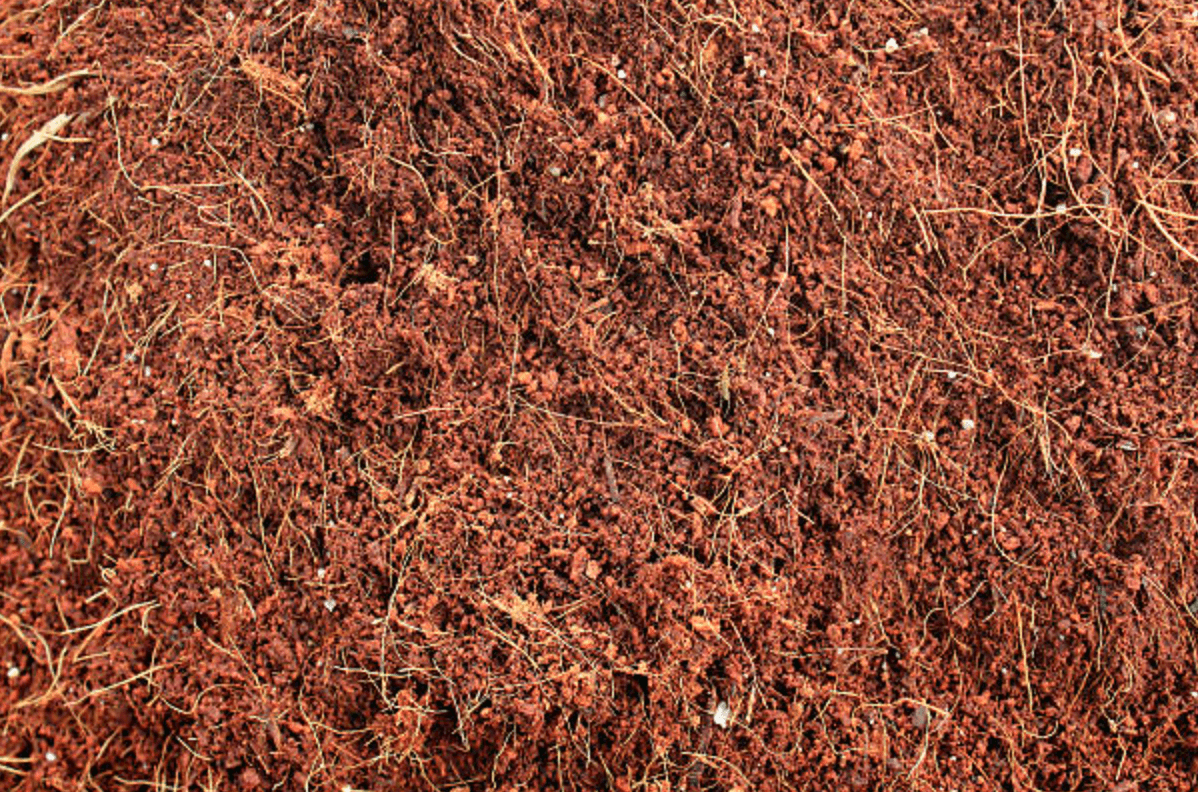Coconut Coir: A Durable and High-Quality Growing Medium
Coconut coir, also known as coco coir or coconut fiber, is a natural, renewable material made from the husks of coconuts. It is a popular choice for use in horticulture and agriculture, as it is an effective soil conditioner and can be used as a soil-less growing medium. Coconut coir is a lightweight, porous material that is resistant to pests and diseases, and it has excellent water retention and drainage properties. It is also pH neutral, making it suitable for use with a wide range of plants. In addition, coconut coir is environmentally friendly, as it is made from a renewable resource and can be easily composted after use.
How is Coconut Coir Made?
Coconut coir is made by processing the outer husks of coconuts, which are the fibrous shells that surround the hard, woody shell of the coconut. The husks are soaked in water to soften them, and then they are mechanically processed to remove the fibers. The fibers are then cleaned, dried, and compressed into various forms, such as bricks, bales, or bags. Here are 3 steps for making coconut coir:
Split the coconuts open and remove the hard, woody shells.
Separate the fibrous husks from the shells, and soak them in water for several hours or overnight to soften them.
Use a mechanical process, such as grinding or pounding, to remove the fibers from the husks. The fibers can then be cleaned, dried, and compressed into various forms, such as bricks, bales, or bags.
It's worth noting that producing coconut coir on a small scale can be quite labor-intensive, and it may be more practical to purchase pre-made coconut coir products. However, if you are interested in trying your hand at making coconut coir at home, there are many resources available online that can provide more detailed instructions and guidance.
Benefits of Coconut Coir
Coconut coir is a popular choice for use in horticulture and agriculture, due to its many beneficial properties. Here are some of the main benefits of using coconut coir:
Sustainable and renewable resource: Coconut coir is made from the husks of coconuts, which are a renewable and sustainable resource.
Environmentally friendly: Coconut coir is a natural, biodegradable material that can be easily composted after use. It is also a more environmentally friendly alternative to peat moss, which is often harvested from sensitive wetlands.
Effective soil conditioner: Coconut coir can improve soil structure, water retention, and nutrient availability, making it an effective soil conditioner.
Versatile: Coconut coir can be used in a variety of applications, including container gardening, greenhouse cultivation, and hydroponics. It is also suitable for use with a wide range of plants.
Pest and disease resistant: Coconut coir is resistant to pests and diseases, making it a safe and effective choice for growing plants.
Lightweight and easy to use: Coconut coir is lightweight and easy to handle, making it convenient to use in a variety of applications.
Good water retention and drainage: Coconut coir has excellent water retention and drainage properties, which makes it ideal for use in soil-less growing systems.
In summary, coconut coir is a sustainable, environmentally friendly, and versatile material that has many benefits for horticulture and agriculture. It is an effective soil conditioner and can be used in a variety of applications, making it a popular choice for growing plants.
Houseplants That Love Coconut Coir
Many houseplants can thrive in coconut coir, as it is a versatile, lightweight, and moisture-retentive growing medium. Here are a 6 examples of houseplants that are well suited to growing in coconut coir:
Snake plants (Sansevieria spp.)
Pothos (Epipremnum aureum)
Philodendrons
Aloe vera
Spider plants (Chlorophytum comosum)
ZZ plants (Zamioculcas zamiifolia)
It's worth noting that all plants have different watering and light requirements, and it's important to consider these factors when growing plants in coconut coir. It's also a good idea to monitor the moisture level of the coconut coir regularly, and to water your plants as needed to keep the growing medium evenly moist but not waterlogged.
Frequently Asked Question’s
-
Coconut coir is a natural, organic material that is made from the husks of coconuts and has some nutritional value. However, it is not a complete plant food and should not be used as a sole source of nutrition for your plants. When used in conjunction with a balanced fertilization program, coconut coir can help to improve soil structure, water retention, and nutrient availability, which can support healthy plant growth.
-
Coconut coir is generally considered to be pH neutral, with a pH value of around 7.0, which makes it suitable for use with a wide range of plants.
-
Coconut coir is generally considered to be safe for cats and dogs. It is a natural, organic material that is made from the husks of coconuts, and it does not contain any toxic or harmful substances.
However, it's important to keep in mind that some pets may be prone to eating non-food items, and it's always a good idea to keep your pets away from any type of plant material to prevent accidental ingestion.
If you are concerned about your pets potentially ingesting coconut coir, you may want to consider using a different type of growing medium or keeping your plants out of reach of your pets.
-
Coconut coir is commonly used in container gardening, greenhouse cultivation, and hydroponics, as well as in landscaping and erosion control. It is also used in the production of natural fiber products, such as ropes, mats, and brushes.



